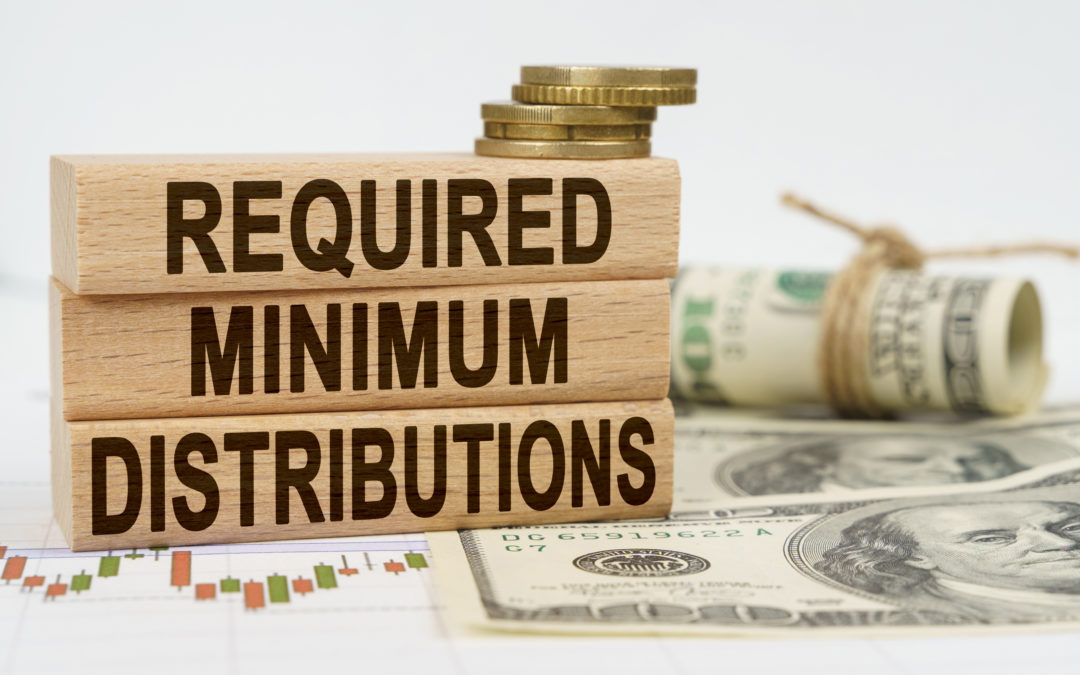A Unique Benefit of Being 72: What To Do With Your Required Minimum Distribution
A benefit of being 72 years old? You can use your required minimum distribution (RMD) to benefit your community! Let’s talk about what that is, and how you can use yours to do great things in the world around you.
What Is a Required Minimum Distribution?
No matter what age you are when you decide to retire, if you have any type of individual retirement arrangement (IRA), the IRS has determined that you MUST withdraw a minimum amount from it each year, starting at a particular age. That amount increases as you grow older.
According to the IRS’s website, “you generally have to start taking withdrawals from your IRA, SEP IRA, SIMPLE IRA, or retirement plan account when you reach age 72.” This age used to be 70 ½, so if you reached 70 ½ years old before January 1, 2020, you could have started then.
The only exception to this rule is Roth IRAs. Roth IRAs do not require withdrawals until after the death of the owner.
Those withdrawals from an IRA account are called required minimum distributions and are considered taxable income.
What to Do With Your Required Minimum Distribution
When some people reach the age where they start taking their required minimum distribution, they realize that they may not need it. They have other income like pensions, rental income, or other investment accounts, and may only need part or even none of their required minimum distribution income to meet their expenses.
A benefit of being 72 with an IRA that you don’t need is that you may use the funds to fulfill your charitable intent and benefit your community.
How is this so? We’ll use an example. Meet Liz:
Liz loves hiking and wants to conserve and improve nature in West Michigan. Her spending has gone down since she downsized, and she realizes that she doesn’t need her RMD payment to make ends meet. Before she turns 72, she asks her financial institution to send the RMD directly to the Grand Haven Area Community Foundation to add to a fund that benefits charities with missions to improve and conserve the environment.
From this, Liz can take a tax deduction when the funds are sent directly to the charitable organization. Eventually, Liz withdraws more than her minimum amount to open her own field of interest fund to target environmental causes. She also uses this fund as a beneficiary to her IRA and becomes a member of the Legacy Society.
What Happens If You Don’t Take Your Required Minimum Distribution?
It is important to note that not taking required minimum distribution payments can result in big fines. These fines can be passed down to those who will be inheriting your account after you die.
Are There Any Funds I Can’t Donate My Required Minimum Distribution To?
The IRS has determined that required minimum distributions cannot be contributed to donor advised funds. Fortunately, at The Grand Haven Area Community Foundation, we hold many types of funds. We’re happy to assist you in learning about what funds you can and can’t contribute your required minimum distributions to.
If you have questions about how to give all or part of your required minimum distributions to The Grand Haven Area Community Foundation, please contact our Advancement & Donor Services Team at 616-842-6378 or fill out this online contact form.
